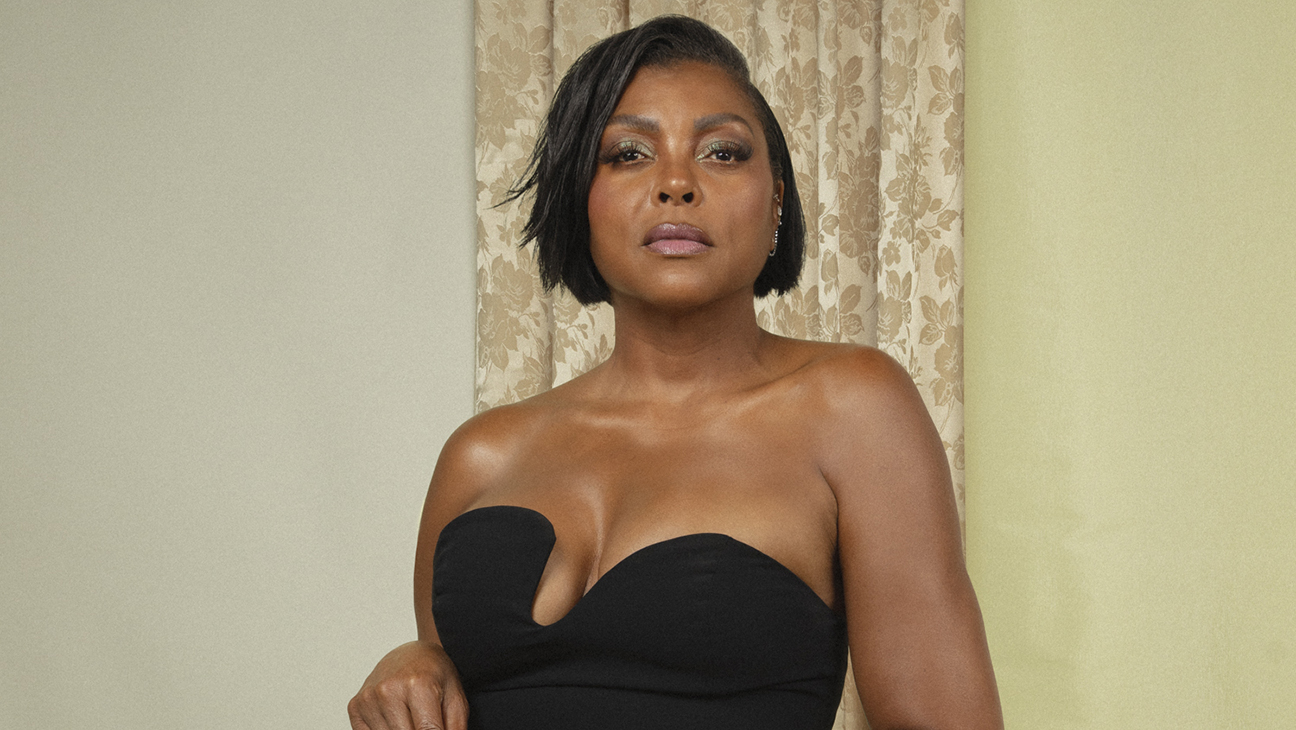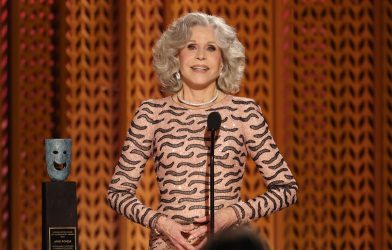While the all-star casts of The Supremes at Earl’s All-You-Can-Eat and Fight Night will have their glitzy premieres in Hollywood and New York, respectively, in the upcoming weeks, when it came time to screen those films to audiences for the first time, that took place far from the typical red carpet venues — a performing arts center in Martha’s Vineyard.
That’s where actors like Sanaa Lathan, Uzo Aduba, Aunjanue Ellis-Taylor and Mekhi Phifer — the stars of The Supremes — along with Fight Night’s Taraji P. Henson and Abbott Elementary’s Sheryl Lee Ralph and more flocked for the Martha’s Vineyard African American Film Festival earlier this month, signalling the prominence and importance of the film festival as it completed its 22nd year.
The MVAAF has become a key destination for Black projects of all types — from documentaries like Netflix’s Daughters and CNN Films’ Luther to Natasha Rothwell’s new Hulu comedy How To Die Alone. Colman Domingo’s prison drama Sing Sing kicked off the festival; it ended Aug. 10 with Fight Night, the Will Packer Peacock series starring Samuel L. Jackson, Kevin Hart and more surrounding a real-life heist that took place around a Muhammad Ali comeback fight. Henson, Chloe Bailey and Don Cheadle were among the project’s stars who came to the festival to support it.
All of them also posed for The Hollywood Reporter’s photo studio for portraits by photographers Katherine and Mariel Tyler, also known as The Tyler Twins. (See more photos here.)
“We are overjoyed to witness the growth of our film festival into a dynamic space that honors and celebrates black culture through the art of film,” said the festival’s founders, Floyd and Stephanie Rance, in a statement to THR. “This year’s festival was a shining example of what can be achieved when we come together to create positive change.”
Three films were celebrated with top prizes at the fest: Albany Road, a drama starring Renee Elise Goldsberry and Lynn Whitfield, took home the prize for best feature; Rebel Girls, about girls growing up during the civil rights movement, captured best short film, while A King Like Me, about the Black Zulu club in New Orleans, won best documentary.









